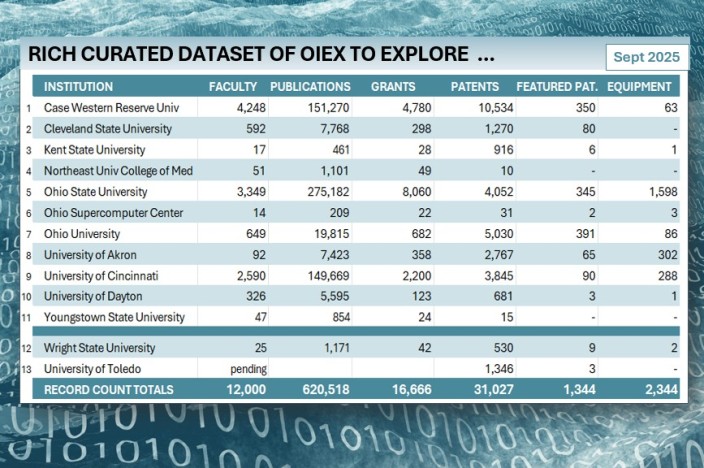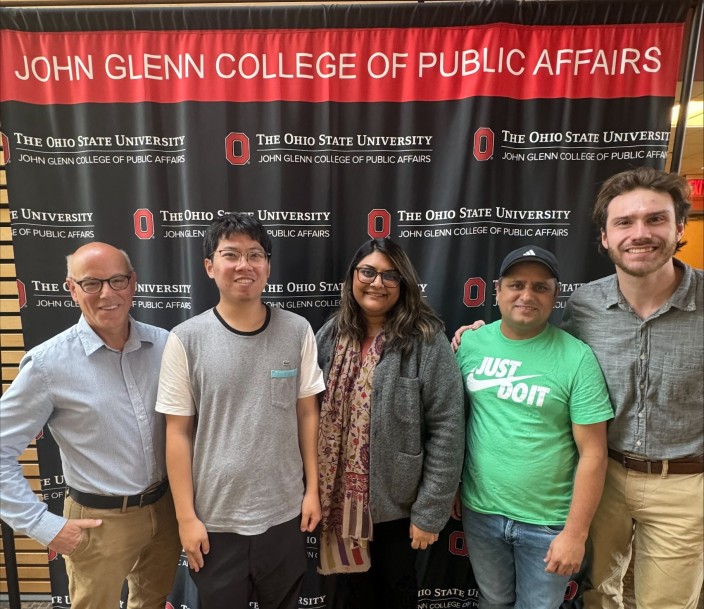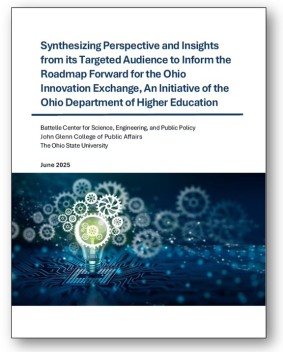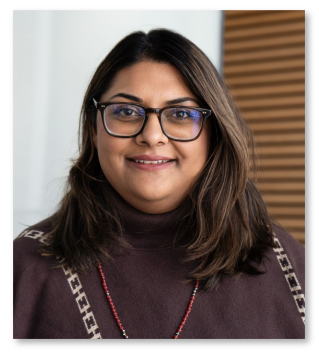Ohio Third Frontier Awards Funding to Scale OIEx and Strengthen Statewide Innovation Connections
The Ohio Innovation Exchange (OIEx), a pioneering initiative of the Ohio Department of Higher Education, has been awarded new funding through the Ohio Third Frontier Research Incentive program for a project titled Scaling Innovation Connections Through AI-Driven Discovery, Strategic Engagement, and Sustained Growth of the Ohio Innovation Exchange. The award supports the continued evolution of OIEx as a nationally recognized digital platform that connects Ohio’s businesses, entrepreneurs, and economic development partners with research expertise and shared resources across the state’s universities.
Since its launch in 2018, OIEx has grown from an early concept into a robust, multi-university knowledge-sharing ecosystem representing more than ten of Ohio’s research-active institutions, with additional universities currently onboarding. The platform provides open, searchable access to faculty expertise, facilities, and research services, helping bridge longstanding gaps between academic research and industry needs. “The increasing regional, national and international visibility of OIEx as a rich collection of information from nearly all of Ohio’s universities is envied by many peers,” said Tim Cain, PhD, Associate Professor and Project Principal Investigator at Ohio University, who leads the initiative with Dan Kelley, PhD, Co-Investigator and Director of The Ohio State University’s Battelle Center for Science, Engineering and Public Policy. Cain further noted that, “This proposal focuses energy and activities to further the ever-increasing value of OIEx as a modern, highly sought digital asset of the broader, thriving ecosystem of innovation in the State of Ohio.”

The new round of funding will advance OIEx through three integrated focus areas: powering deeper discovery through generative artificial intelligence, scaling sustained industry engagement, and strengthening adoption and value across partner universities. These efforts build on successful AI prototypes that demonstrate how emerging technologies can bridge terminology gaps, align academic expertise with industry needs, and improve discovery outcomes for businesses seeking innovation partners.
Joining the OIEx team to help realize these goals are Shahwar Ali, MPA, MA, and Jessica L. Valsi, MA, (shown left to right in photo, respectively). Ali joins OIEx as Partnership Engagement Manager, where she will lead sector-specific outreach, highlight success stories, and pilot new engagement strategies that deepen industry participation. Valsi of The Ohio State University’s Battelle Center for Science, Engineering and Public Policy, will support engagement across OIEx’s growing network of university partners, focusing on collaboration, adoption, and coordination across the statewide consortium. Together, these investments position the Ohio Innovation Exchange for sustained growth and continued impact as a critical public asset advancing Ohio’s innovation economy.



